
Postcolonial literature is not solely about the sufferings and trauma left by the colonizer in their former colonies. It also celebrates the resilience and resistance, explores the complex identities and cultural traditions
Shoukat Lohar
Postcolonial literature refers to the literary works produced by authors from countries that were once colonies or under the influence of a colonial power. This type of literature emerged as a response to the experiences and effects of colonialism, and explores themes such as identity, cultural displacement, resistance, and the relationship between the colonizer and the colonized.
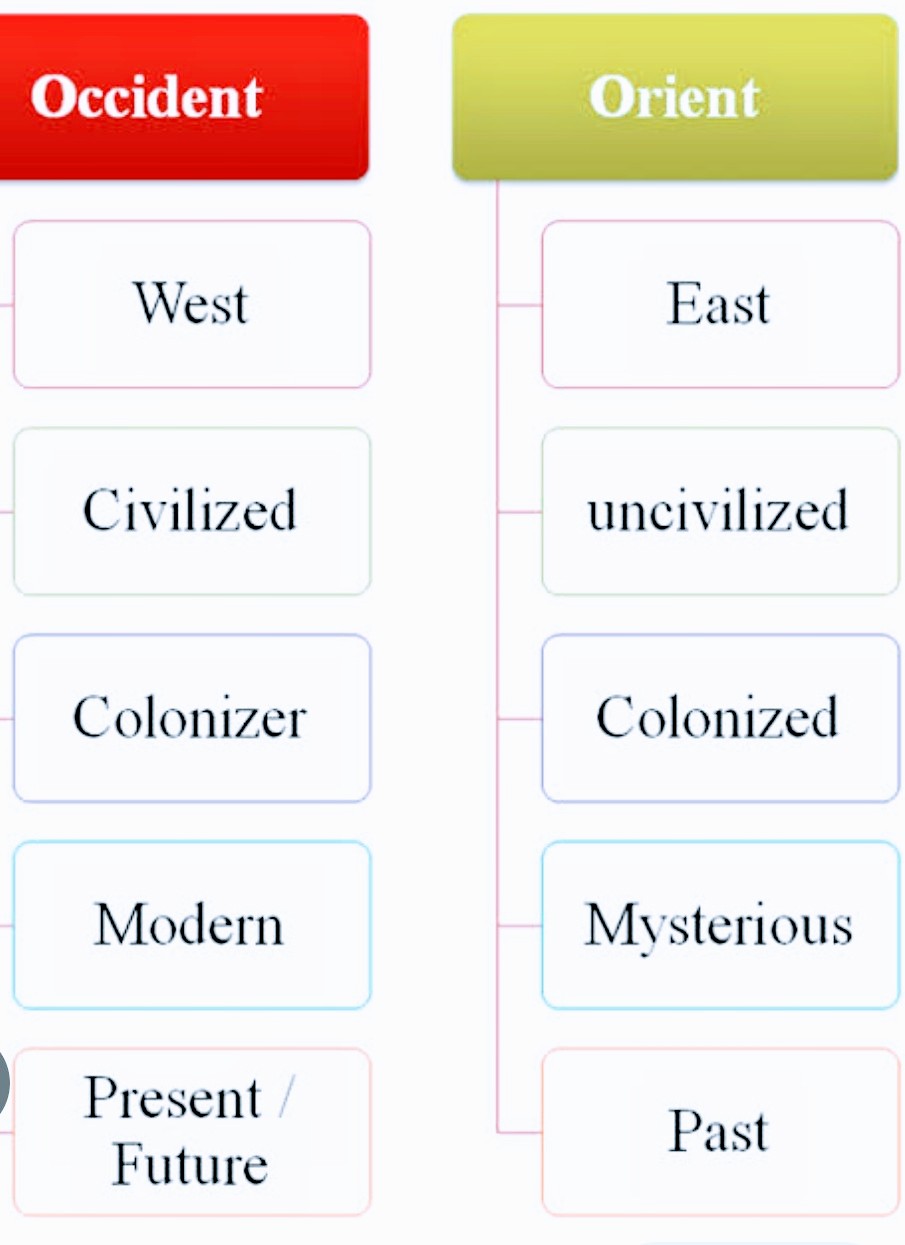 The relationship between the colonizer and the colonized is a central theme in postcolonial literature. It is marked by power imbalances, exploitation, and oppression. The colonizer exercises political, economic, and cultural control over the colonized, often through violent means. The colonized, on the other hand, are subjected to various forms of discrimination, including cultural erasure, violence, and marginalization.
The relationship between the colonizer and the colonized is a central theme in postcolonial literature. It is marked by power imbalances, exploitation, and oppression. The colonizer exercises political, economic, and cultural control over the colonized, often through violent means. The colonized, on the other hand, are subjected to various forms of discrimination, including cultural erasure, violence, and marginalization.
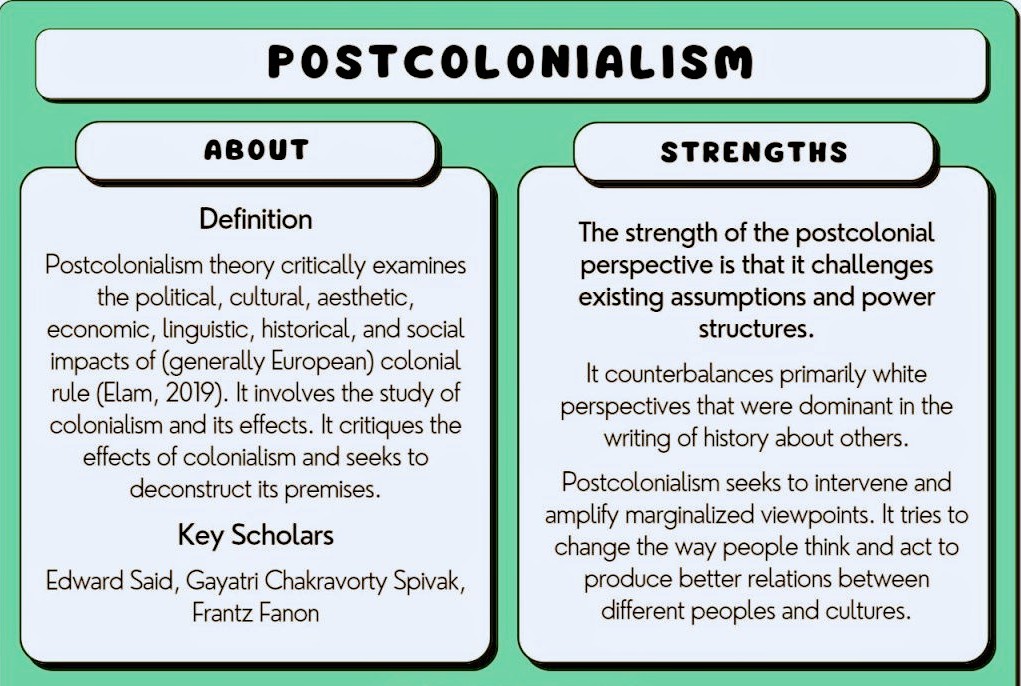 Postcolonial literature is not limited to the English colonial era, but also includes works from other colonizing powers, such as France and Spain etc. The experiences of colonization and its aftermath are diverse, and postcolonial literature reflects this diversity in its themes and styles.
Postcolonial literature is not limited to the English colonial era, but also includes works from other colonizing powers, such as France and Spain etc. The experiences of colonization and its aftermath are diverse, and postcolonial literature reflects this diversity in its themes and styles.
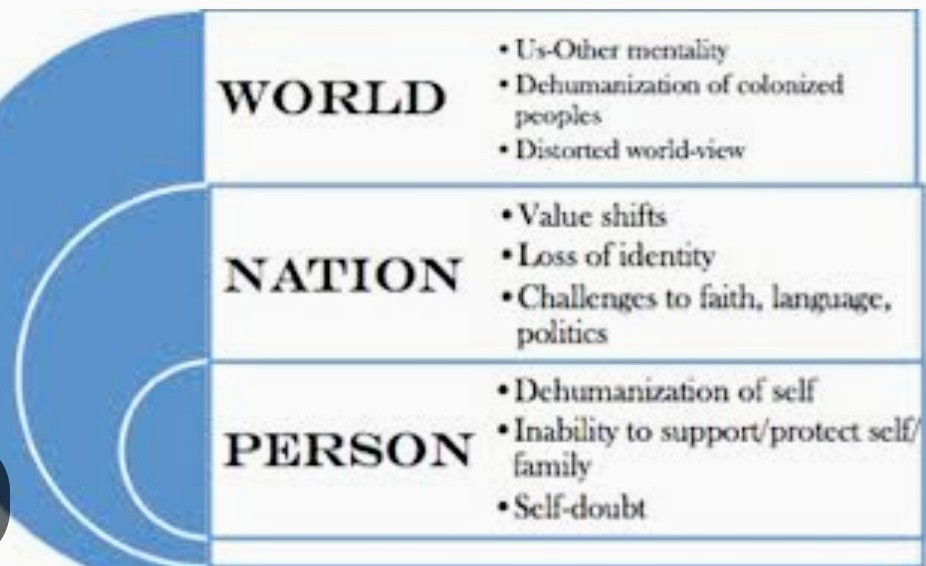 Orientalism, otherising, diaspora, and hybridity are some of the key concepts that are explored in postcolonial literature. Orientalism refers to the stereotypical representation of the East by Western writers and artists. Otherising is the process of defining the self by defining the other as different, inferior, or alien. Diaspora refers to the dispersion of a people from their original homeland, and the resulting sense of displacement and loss. Hybridity refers to the blending of different cultural traditions and identities.
Orientalism, otherising, diaspora, and hybridity are some of the key concepts that are explored in postcolonial literature. Orientalism refers to the stereotypical representation of the East by Western writers and artists. Otherising is the process of defining the self by defining the other as different, inferior, or alien. Diaspora refers to the dispersion of a people from their original homeland, and the resulting sense of displacement and loss. Hybridity refers to the blending of different cultural traditions and identities.
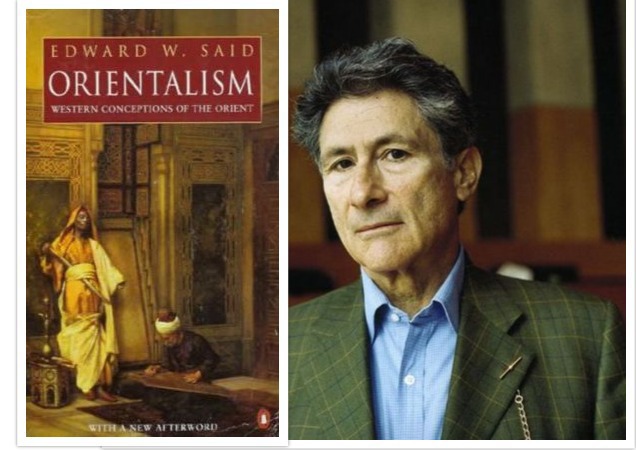 Postcolonial literature has been theorized by several influential scholars, including Homi K. Bhabha, Gayatri Chakravorty Spivak, and Frantz Fanon. Bhabha’s concept of “third space” refers to the hybrid cultural space that emerges in the encounter between the colonizer and the colonized. Spivak’s work focuses on the subaltern, or the marginalized and oppressed groups who are silenced by dominant power structures. Fanon’s writings explore the psychological effects of colonization on the colonized, and the need for decolonization.
Postcolonial literature has been theorized by several influential scholars, including Homi K. Bhabha, Gayatri Chakravorty Spivak, and Frantz Fanon. Bhabha’s concept of “third space” refers to the hybrid cultural space that emerges in the encounter between the colonizer and the colonized. Spivak’s work focuses on the subaltern, or the marginalized and oppressed groups who are silenced by dominant power structures. Fanon’s writings explore the psychological effects of colonization on the colonized, and the need for decolonization.
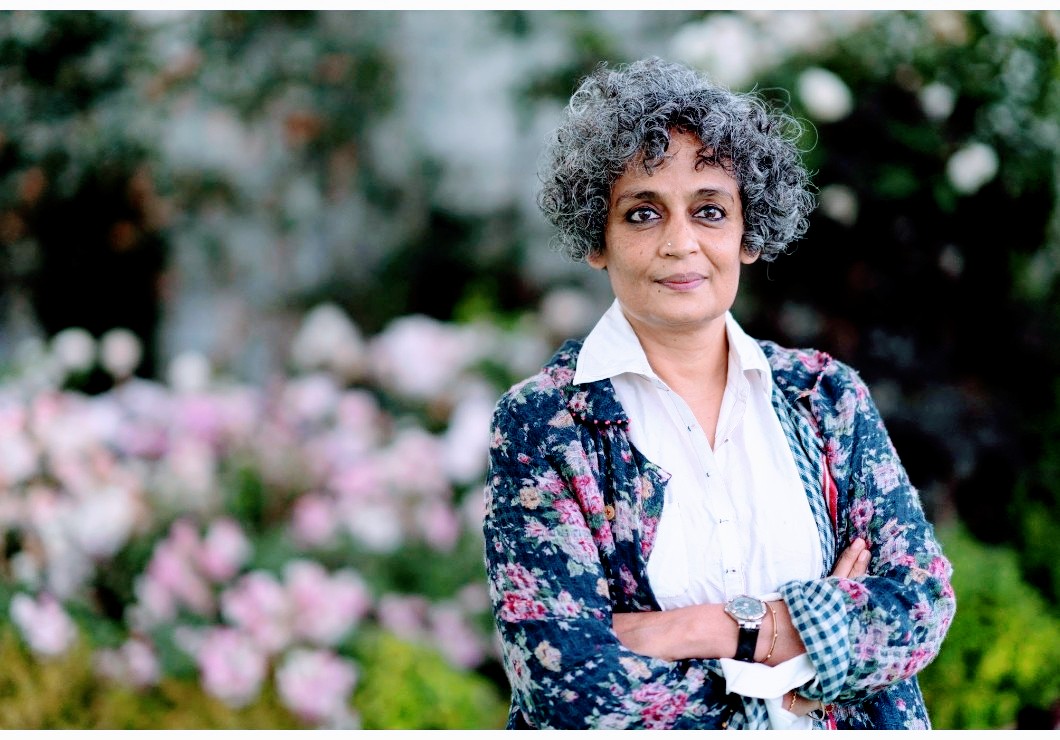 Postcolonial literature is not solely about the sufferings and trauma left by the colonizer in their former colonies. It also celebrates the resilience and resistance of the colonized, and explores the complex identities and cultural traditions that emerge in the aftermath of colonization. Some of the popular postcolonial writers include Chinua Achebe, Salman Rushdie, Chimamanda Ngozi Adichie, Ngugi wa Thiong’o, and Arundhati Roy.
Postcolonial literature is not solely about the sufferings and trauma left by the colonizer in their former colonies. It also celebrates the resilience and resistance of the colonized, and explores the complex identities and cultural traditions that emerge in the aftermath of colonization. Some of the popular postcolonial writers include Chinua Achebe, Salman Rushdie, Chimamanda Ngozi Adichie, Ngugi wa Thiong’o, and Arundhati Roy.
Last words
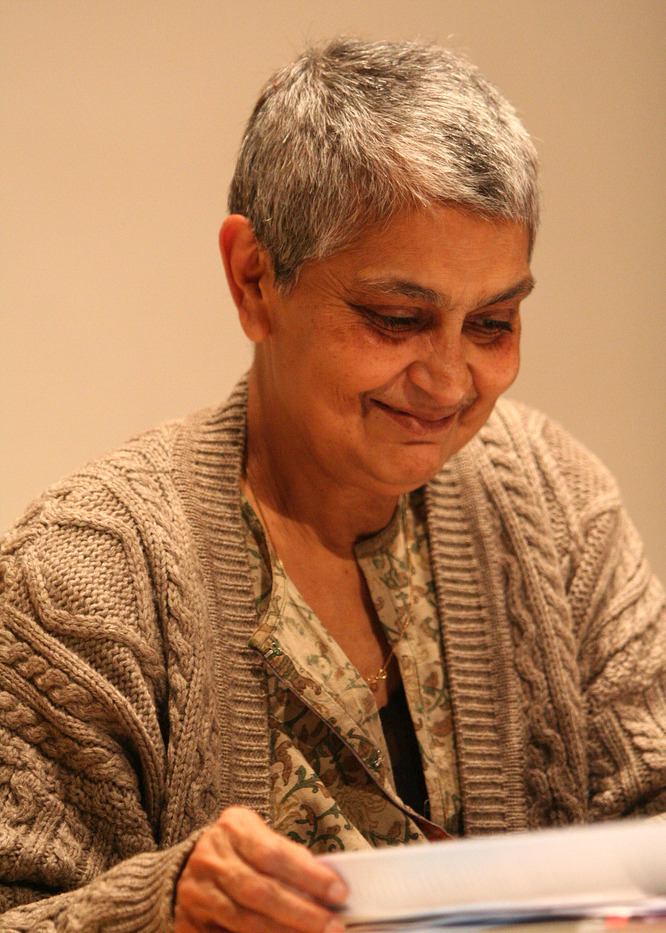 Postcolonial literature is an essential part of the literary canon, as it explores the impact of colonialism on the colonized and their cultural identities. It challenges dominant narratives, subverts stereotypes, and offers new perspectives on the complexities of the postcolonial world. Through its diversity of themes and styles, postcolonial literature continues to inspire and inform readers around the world.
Postcolonial literature is an essential part of the literary canon, as it explores the impact of colonialism on the colonized and their cultural identities. It challenges dominant narratives, subverts stereotypes, and offers new perspectives on the complexities of the postcolonial world. Through its diversity of themes and styles, postcolonial literature continues to inspire and inform readers around the world.
____________
 Shoukat Lohar is Assistant professor in English at Mehran University of Engineering and Technology Jamshoro. He can be reached at Shoukat.ali@faculty.muet.edu.pk
Shoukat Lohar is Assistant professor in English at Mehran University of Engineering and Technology Jamshoro. He can be reached at Shoukat.ali@faculty.muet.edu.pk
Courtesy: Modern Criticism Study | Photo Courtesy: Google